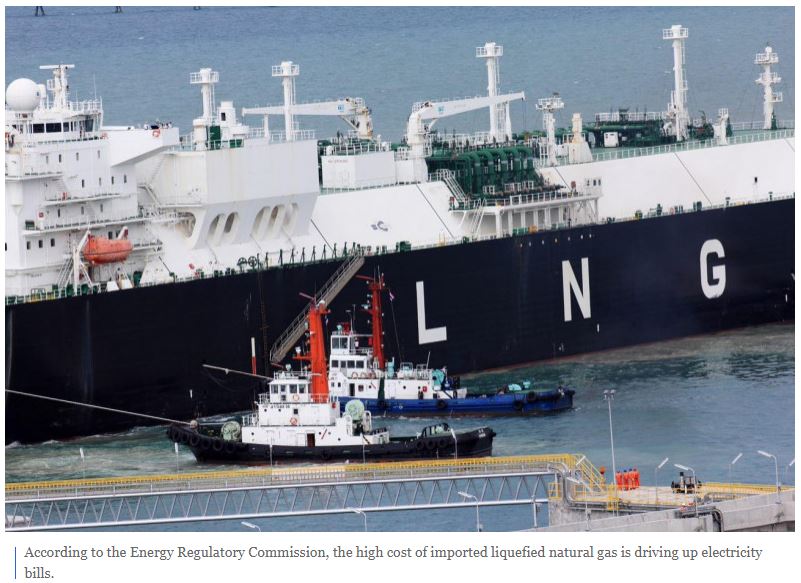Thailand: Subsidies, tax cuts set to be okayed Tuesday
The cabinet is on Tuesday expected to approve measures to relieve the impact of high energy prices, including power bills, but the decision will cost the government even more money.
The government has already spent over 200 billion baht through subsidy programmes to curb soaring prices of diesel and liquefied petroleum gas, which is used as cooking gas, as well as compressed natural gas and electricity, said Deputy Prime Minister and Energy Minister Supattanapong Punmeechaow.
The cost of the subsidies does not include the loss of state revenue as a result of the diesel excise tax cut policy.
Mr Supattanapong said the cabinet is expected to give the final say on measures which include the allocation of 8 billion baht to provide electricity discounts and the extension of the 5-baht diesel excise tax cut to help the transport and manufacturing sectors.
He was speaking at the Federation of Thai Industries’ Energy Symposium 2022, a seminar on energy issues, which was held yesterday.
The excise reduction, which initially started with a three-baht cut in February, has remained in effect during the Russia-Ukraine war, but is scheduled to end on Sept 20.
The cabinet will decide on the length of the tax cut extension.
It is expected to approve spending of 8 billion baht to subsidise the power tariff, which will soar to 4.72 baht per kilowatt-hour (KWh) between September and December.
Mr Supattanapong said the increase resulted mainly from a need to import more liquefied natural gas (LNG), which is very expensive but needed as a fuel for electricity generation.
The cost of imported LNG currently stands at 10 baht per KWh, compared with 2 baht per KWh of gas from domestic sources and 6 baht per KWh of diesel, according to the Energy Regulatory Commission (ERC).
More LNG imports follow a drop in gas supply from the Gulf of Thailand.
The proportion of gas coming from the Gulf of Thailand has fallen to 54%, down from 64%, while imported LNG has increased to 20% of the total, up from 8%.
Without gas from Myanmar and the Gulf of Thailand, the power tariff would have skyrocketed to around 10 baht per KWh, the ERC said.
Khomgrich Tantravanich, secretary-general of the ERC, said Thailand was unlikely to see the power tariff fall below 4 baht per KWh in the next couple of years because LNG prices in the global market remain turbulent and the domestic gas supply will not increase significantly until 2024.
The Energy Ministry aims to raise production at the Erawan gas block in the Gulf of Thailand to 800 metric million standard cubic feet per day (MMSCFD) by 2024, up from 200 MMSCFD at present.
Source: https://www.bangkokpost.com/business/2390196/subsidies-tax-cuts-set-to-be-okayed-tuesday


 English
English




